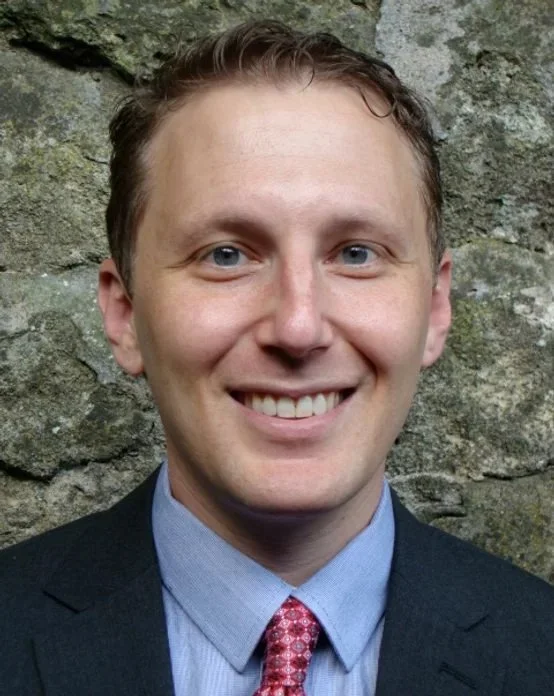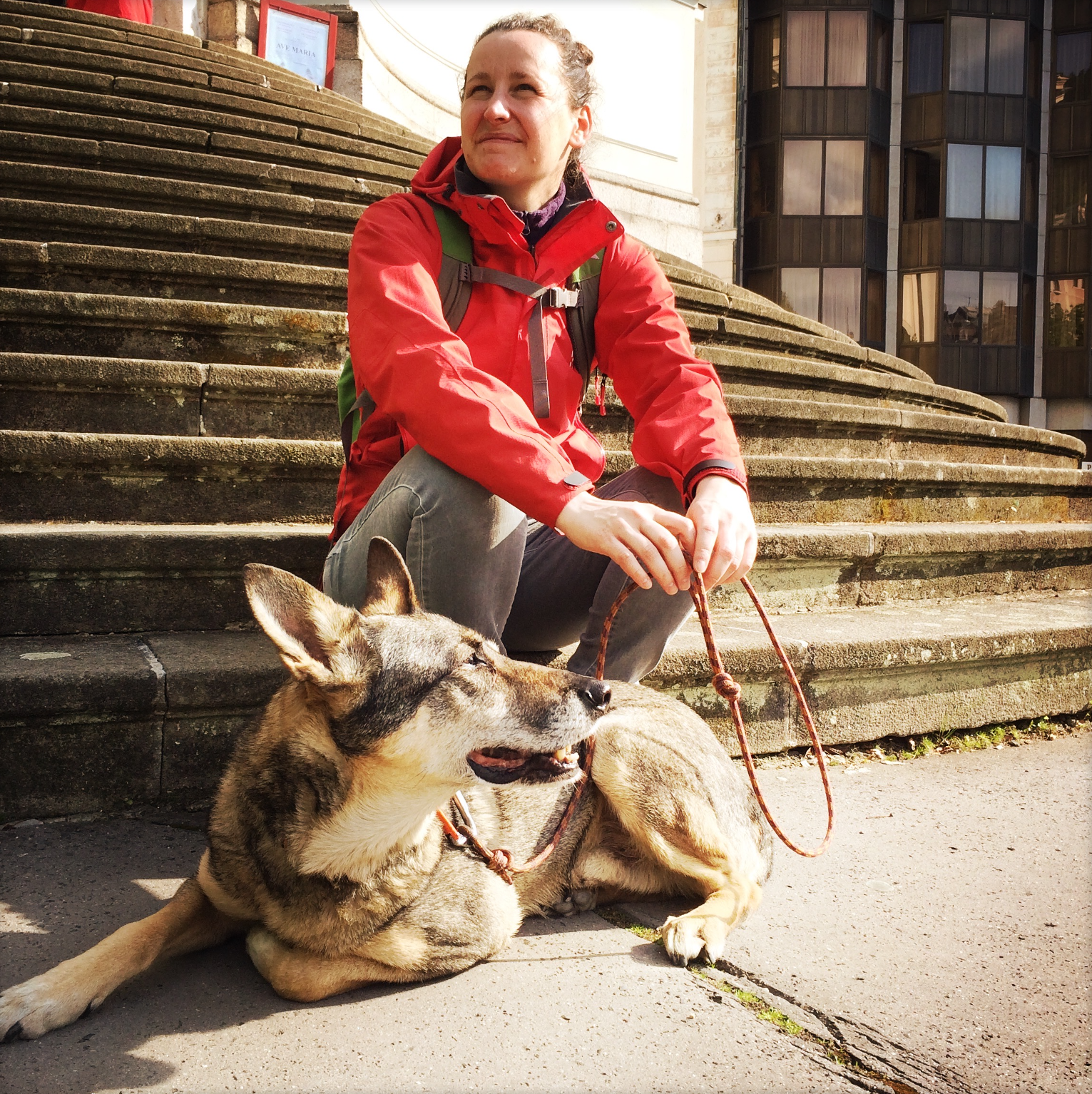People
Our team working on integration and decision support: modeling, governance and synthesis
-

Dustin Garrick, Associate Professor, University of Waterloo
Dustin is an Associate Professor of Global Water Policy at the University of Waterloo.
He is interested in the evolution of conflict and cooperation over water and other shared natural resources in the context of climate change, biodiversity loss and rapid urbanisation. His approach is multi-disciplinary, spanning public policy, geography and institutional economics, and anchored in field-based and comparative research across a network of observatories which track long-term changes in natural resource conflicts and institutional responses. This work seeks to advance collective action theory and contribute to our understanding of common pool resource governance.
-

Anita Layton, Professor and Canada Research Chair, University of Waterloo
Anita is a Canada 150 Research Chair in Mathematical Biology and Medicine and Professor of Applied Mathematics, Computer Science, Pharmacy and Biology at the University of Waterloo.
She leads a diverse and interdisciplinary team of researchers using computational modeling tools to better understand aspects of health and disease. Anita’s group collaborates with physiologists, biomedical engineers and clinicians to formulate detailed models of cellular and organ function.
-

Juan Moreno-Cruz, Associate Professor and Canada Research Chair, University of Waterloo
Juan is an Associate Professor at the School of Environment, Enterprise and Development of the University of Waterloo and a CESifo Research Affiliate.
His research focuses on the interaction of energy systems, technological change, and climate policy. His most influential work examines how solar and carbon geoengineering technologies affect climate policy. His most recent work provides novel insights into the process of energy transitions by demonstrating how energy access shapes the organization of the economy in cities and how energy consumption in cities in turn pollutes the local and global environment.
-

Nandita Basu, PI, Professor and Canada Research Chair, University of Waterloo
Nandita is a Professor and Canada Research Chair (Tier I) of Global Water Sustainability and Ecohydrology at the University of Waterloo.
Basu is an environmental engineer, who uses data science, process modeling and remote sensing to explore how climate, land use, and management impacts surface and groundwater quality from watershed to the regional and global scales, with the overall goal of leveraging these insights to develop watershed management strategies that maximizes environmental benefits without significant economic costs.
-

Navin Ramankutty, Professor and Canada Research Chair, University of British Columbia
Navin is a Professor and Canada Research Chair of Global Environmental Change and Food Security at the University of British Columbia.
His current research uses global data and models to explore strategies for sustainable food systems. He has contributed to international scientific assessments including the Millennium Ecosystem Assessment, IPCC, and IPBES.
-

Elena Bennett, Professor and Canada Research Chair, McGill University
Elena is a Professor and CRC (Tier 1) of Sustainability Science at McGill University.
Her work focuses on the interactions among ecosystem services and how we can manage these interactions for multifunctional working landscapes. She was the leader of the Montérégie Connection project that worked with stakeholders to understand the role of landscape connectivity in the provision of about a dozen ecosystem services and how those might change across a range of future scenarios.
-

Graham Epstein, Research Assistant Professor, University of Waterloo
Graham is a Research Assistant Professor in the School of Environment, Resources and Sustainability of the University of Waterloo with expertise in the human dimensions of conservation and natural resource management.
His research addresses a range of questions at the intersection of people, the environment and policy to advance understanding of how policies can be designed and tailored to support collective action compliance, and pursue sustainable, equitable and just conservation and natural resource management across diverse social and ecological contexts.
-

Juliane Mai, Research Associate Professor, University of Waterloo
Juliane (Julie) Mai is a Research Associate Professor at the University of Waterloo.
Her work focuses on: calibration, sensitivity analysis, high-performance computing, large-scale hydrologic and data-driven models. Julie creates tools that facilitate the distribution of data, model setups, and results of large-scale studies through end-user focused data portals.
-

Phil Loring, Director, Human Dimensions Science, The Nature Conservancy
Phil is the Director of Human Dimensions Science for The Nature Conservancy’s Global Science Team and adjunct at University of Guelph & University of Saskatchewan.
His work focuses on the intersection of sustainability, food systems, social justice, and climate change. He is particularly interested in transformations to agroecology and food sovereignty and the potential therein for climate action.
-

Fridah Silas, Doctoral Researcher, University of Waterloo
Fridah Silas is a PhD student at the University of Waterloo. Her focus is incentive-based solutions and subsidies and how they can be targeted and coordinated to promote sustainable agriculture in complex working landscapes. Through her research, she hopes to advance understanding of collective action and behavioral responses to incentives in the food, water and energy sectors and ultimately encourage a wider uptake of sustainable practices by farmers to address the multiple problems that are linked to agriculture.

